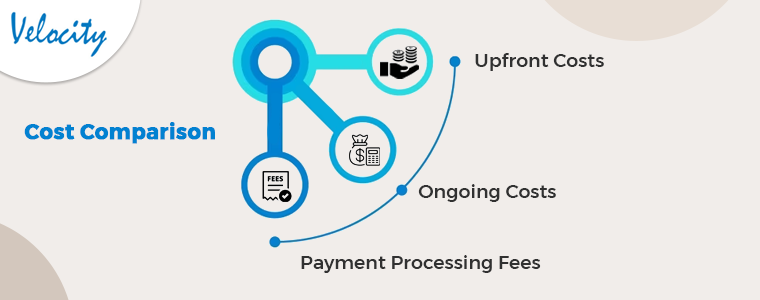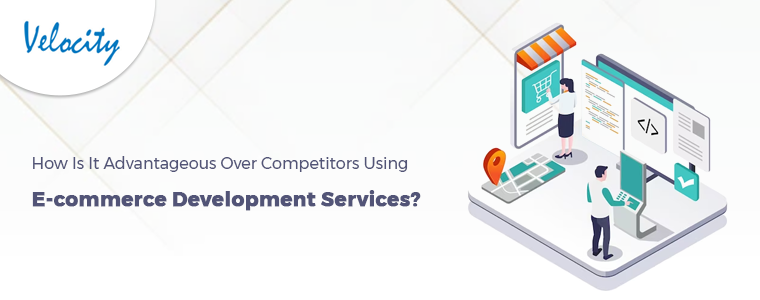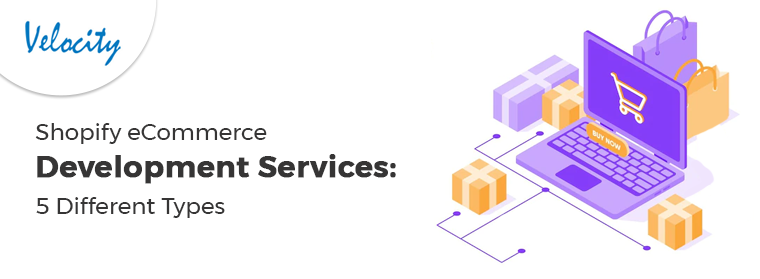The eCommerce market has been multiplying over the past few years. With the increase in online shopping, there has been a corresponding increase in eCommerce platforms. There are many eCommerce platforms to choose from, each with its features and benefits. Two of the most popular eCommerce platforms are WooCommerce and Shopify. In this article, we will take an in-depth look at these two platforms and compare them to help you determine which is suitable for your online store.
Features Comparison:
Ease of Use
WooCommerce is an open-source platform, which means it is free to use. However, setting up a store with WooCommerce can be more complicated than using Shopify. On the other hand, Shopify is designed to be user-friendly and easy to set up. Shopify also provides a comprehensive setup wizard to guide you through the process.
Customizability
WooCommerce is highly customizable, so you can change the platform to meet your specific needs. With WooCommerce, you have complete control over the look and feel of your store and its functionality. Shopify, on the other hand, provides a limited number of customization options. While Shopify offers a variety of themes, you may need to pay for additional customization.
Payment Options
WooCommerce and Shopify provide various payment options, including credit cards and PayPal. However, Shopify offers more payment options out of the box, such as Apple Pay and Shopify Payments. With WooCommerce, you will need to install additional plugins to add more payment options.
Shipping and Tax Options
Both WooCommerce and Shopify provide shipping and tax options. WooCommerce offers various shipping options, including flat-rate shipping and real-time shipping rates from shipping carriers. Shopify offers real-time shipping rates from shipping carriers and the ability to set up shipping zones and rates.
SEO and Marketing Tools
WooCommerce and Shopify provide SEO and marketing tools to help you promote your store. Shopify provides various SEO and marketing tools, including social media integration, email marketing, and discount codes. WooCommerce also includes SEO and marketing tools, including optimizing product pages for search engines and social media integration.
Customer Service and Support
Both WooCommerce and Shopify provide customer service and support. Shopify provides 24/7 support via phone, chat, and email. WooCommerce provides support through WordPress support forums and premium support services offered by third-party providers.
Mobile Optimization
Both WooCommerce and Shopify provide mobile optimization. Shopify provides mobile-responsive themes and a mobile app for managing your store on the go. WooCommerce also offers mobile-responsive themes and the ability to install plugins for managing your store on the go.
Integrations
Both WooCommerce and Shopify provide integrations with various tools and services. Shopify provides integrations with multiple payment gateways, shipping carriers, and marketing tools. WooCommerce also provides integrations with multiple payment gateways, shipping carriers, and marketing tools.
Pros and Cons: WooCommerce
Pros:
- Highly customizable
- Provides a variety of payment options
- Provides a variety of shipping options
- Includes SEO and marketing tools
- Provides mobile optimization
Cons:
- It can be more complicated to set up
- Requires technical knowledge to customize
- It may need more customer support compared to Shopify.
- Requires separate hosting and domain name
- It may require additional plugins for added functionality.
Pros and Cons: Shopify
Pros:
- Easy to set up and use
- User-friendly interface
- Provides 24/7 support via phone, chat, and email
- Provides a variety of payment options
- Provides mobile optimization
Cons:
- Limited customization options
- May have higher ongoing costs
- Requires payment processing fees for specific payment gateways
- It may require additional plugins for added functionality
Cost Comparison:
Upfront Costs
WooCommerce is free, but you must pay for a domain name and hosting, ranging from $5 to $20 per month. Shopify has a basic plan that starts at $29 per month, but you will not need to pay for a separate domain name or hosting.
Ongoing Costs
WooCommerce and Shopify have ongoing costs, such as themes, plugins, and payment processing fees. Shopify may have higher ongoing costs due to its monthly subscription and payment processing fees. WooCommerce may have lower ongoing costs, as you can only pay for the plugins and themes you need.
Payment Processing Fees
Both WooCommerce and Shopify charge payment processing fees, which are fees for processing credit card payments. Shopify charges a processing fee of 2.9% + 30 cents for its basic plan. WooCommerce does not have a built-in payment processing system, so you will need to pay the payment processing fees charged by your payment gateway.
Conclusion
In conclusion, both WooCommerce and Shopify are excellent eCommerce platforms with their benefits and drawbacks. WooCommerce is a highly customizable platform that provides various payment and shipping options and SEO and marketing tools. Shopify is an easy-to-use platform with many features, including payment options and mobile optimization. When choosing the right platform for your online store, it is essential to consider your specific needs and budget.











